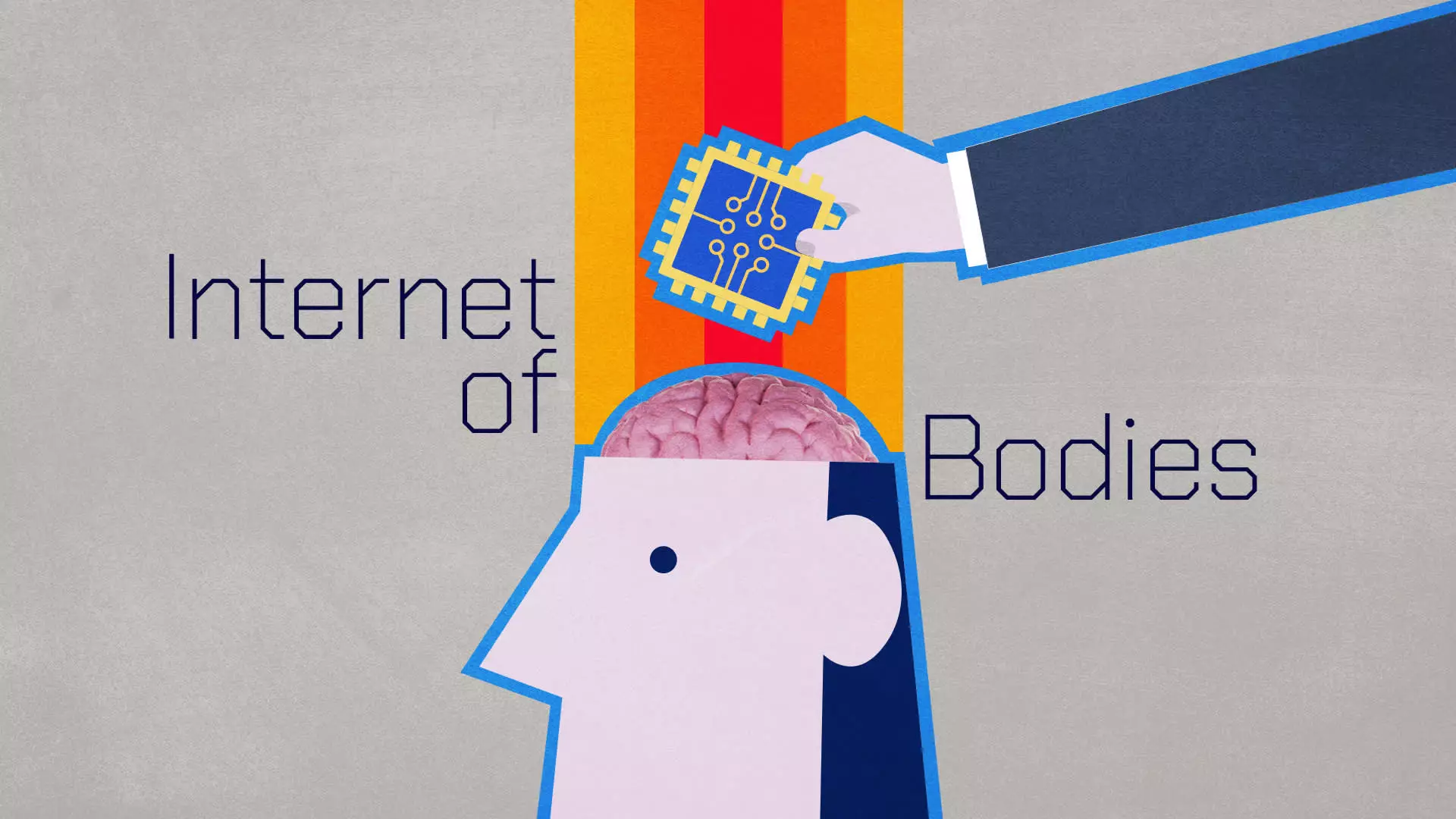The intersection of technology and the human body is evolving rapidly, giving rise to the concept of the “Internet of Bodies” or IOB. Coined by academic and author Andrea M. Matwyshyn in 2016, the IOB refers to a network where human bodies rely on the internet and related technologies for their integrity and functionality. This fusion of technology and biology is reshaping the way we perceive and interact with the world around us.
The Three Generations of IOB
Matwyshyn identified three distinct categories of IOB devices based on their level of integration. The first generation consists of external devices that we wear on our bodies, such as smartwatches and smart glasses. These devices have become mainstream tools for tracking our health metrics and enhancing our daily lives. The second generation comprises internal devices that are either ingested or implanted into the body, like pacemakers, smart prosthetics, and digital pills. These devices interact with our bodily systems to monitor and improve our health. The third generation of IOB devices represents the most advanced stage of integration, where technology seamlessly merges with the human body, maintaining real-time connections to external machines and the internet. Companies like Neuralink, founded by Elon Musk, are at the forefront of developing brain-computer interfaces that redefine the boundaries between humans and machines.
Implications of IOB
While the possibilities of IOB are exciting, concerns about privacy and ethics have been raised by experts like Matwyshyn. The convergence of human flesh with hardware, software, and algorithms raises fundamental questions about individual rights and societal values. As IOB devices become more pervasive in healthcare and everyday life, it is crucial to address the ethical implications of this technological revolution. Balancing the potential benefits of IOB with the risks of privacy infringement and data exploitation will be a key challenge for policymakers and society at large.
The Internet of Bodies represents a groundbreaking frontier in the convergence of technology and biology. As we navigate the complexities of integrating devices into our bodies, we must consider the ethical, social, and legal implications of this transformative shift. By fostering a dialogue between stakeholders and enacting robust regulations, we can harness the power of IOB to improve healthcare outcomes and enhance human capabilities while safeguarding individual autonomy and privacy. Embracing the future of IOB requires a thoughtful and proactive approach to ensure that technology serves humanity’s best interests.


Leave a Reply